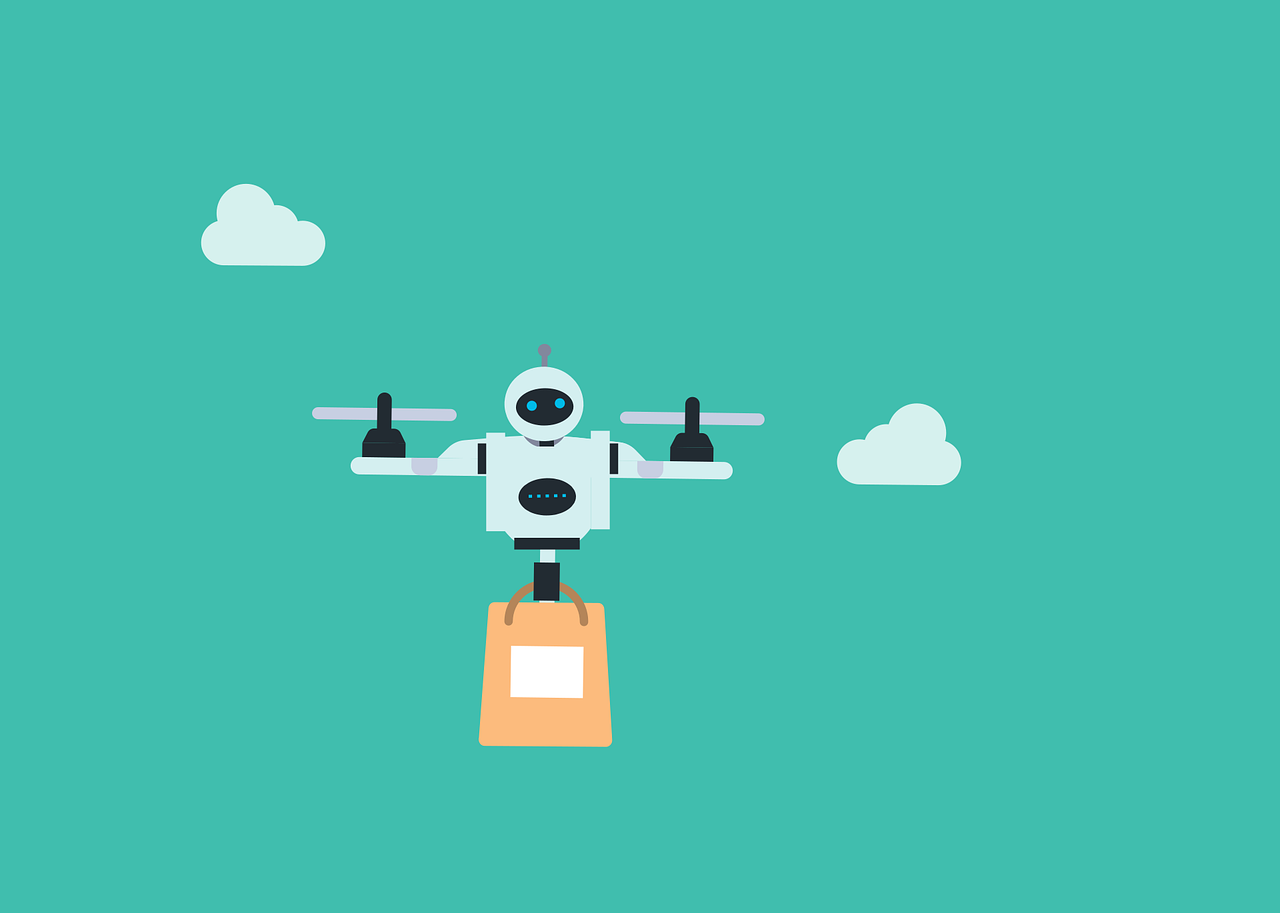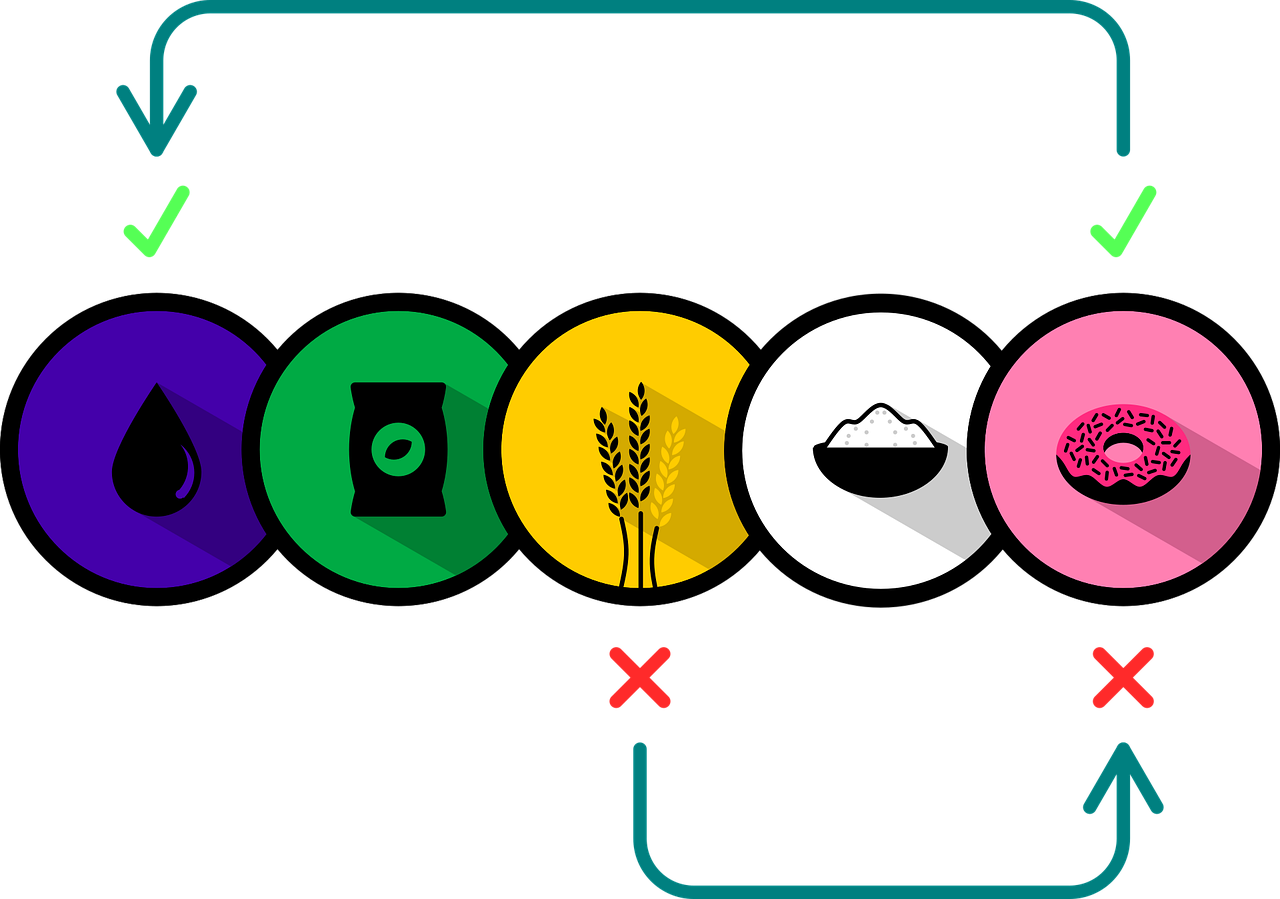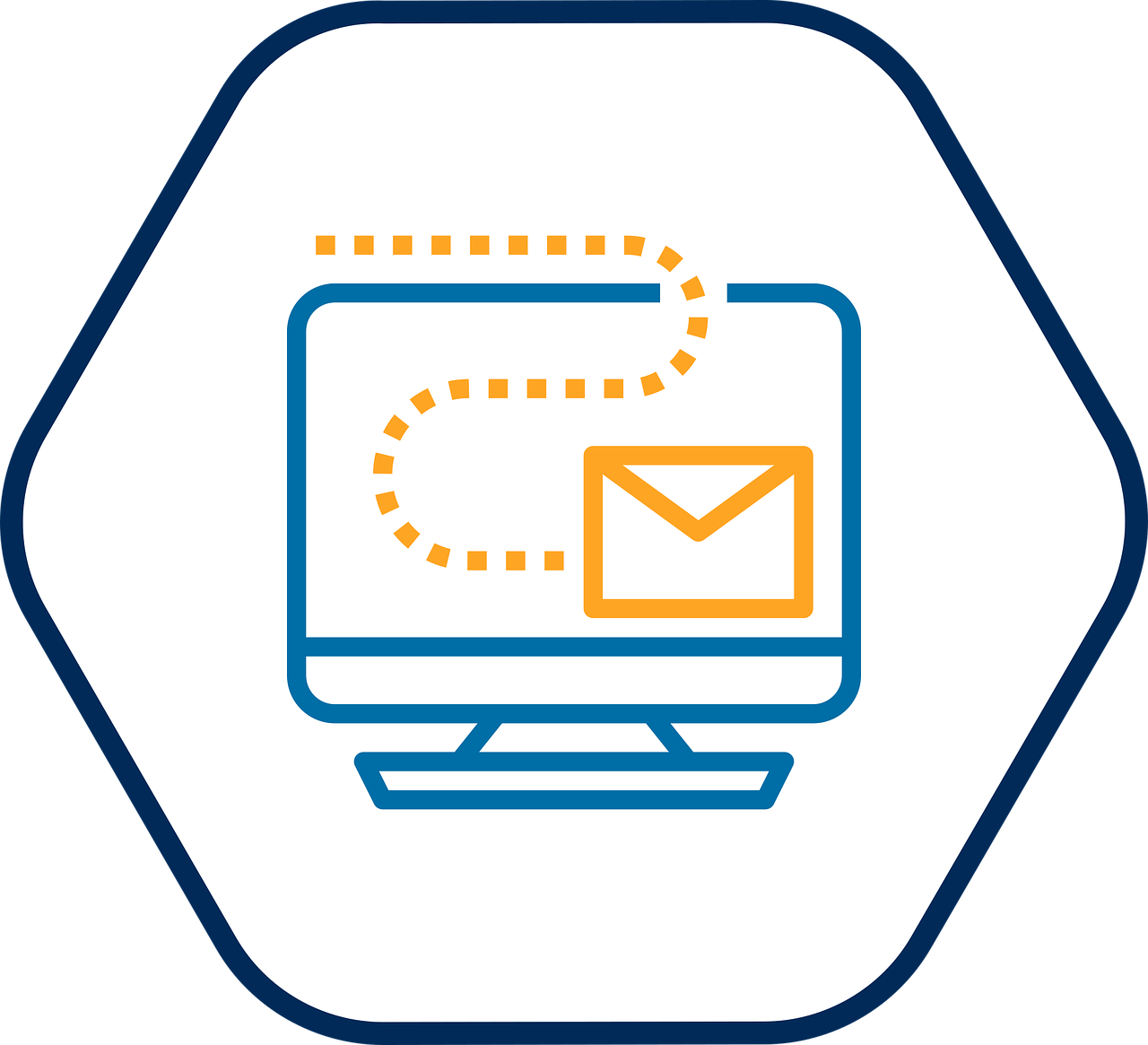Enterprise AI Adoption Requires Continuous Security Testing, Experts Say

Brief news summary
Before widespread AI adoption, enterprise leaders must prioritize continuous security testing tailored to AI models’ unique vulnerabilities. Despite growing interest and investments, AI implementation in companies remains around 10%, according to Danny Coleman, CEO of Chatterbox Labs, and CTO Stuart Battersby. A McKinsey report reveals enthusiasm for expanding AI use alongside concerns over workplace safety. Traditional cybersecurity teams often lack expertise in AI-specific threats, but firms like Cisco and Palo Alto Networks are making progress through strategic acquisitions. Battersby emphasizes that ongoing, use-case-specific testing is crucial, as relying solely on vendor assurances and content filters is inadequate. Both experts agree that rigorous, layered security measures are vital to safely scaling AI deployment. While continuous testing incurs costs, it reduces expenses by validating smaller, effective AI models, ultimately accelerating AI adoption within enterprises.Interview Before AI becomes widespread in enterprises, corporate leaders must commit to a continuous security testing regime tailored to the specific nuances of AI models. This perspective comes from Chatterbox Labs CEO Danny Coleman and CTO Stuart Battersby, who discussed at length with The Register why companies have so far been slow to transition from AI pilot programs to full production deployment. "Enterprise adoption is only about 10 percent today, " Coleman said. "McKinsey estimates it's a four trillion dollar market. How will you ever advance if you keep releasing solutions that people don’t know are safe to use, or if they’re unaware not just of the enterprise impact, but also the societal impact?" He added, "People inside enterprises aren’t quite ready for this technology without proper governance and security. " In January, consulting firm McKinsey published a report examining the untapped potential of artificial intelligence (AI) in the workplace. The report, titled "Superagency in the workplace: Empowering people to unlock AI’s full potential, " highlighted increasing interest and investment in AI technologies but noted the pace of adoption remains slow. ". . . what you have to do is not trust the rhetoric of either the model vendor or the guardrail vendor, because everyone will tell you it’s super safe and secure. " "Leaders want to boost AI investments and speed development, yet they struggle with how to ensure AI is safe in the workplace, " the McKinsey report states. Coleman argues that traditional cybersecurity and AI security are intersecting fields, but most information security teams have yet to catch up and often lack the expertise needed to understand AI’s unique attack surfaces. He cited Cisco’s acquisition of Robust Intelligence and Palo Alto Networks’ purchase of Protect AI as examples of companies adopting the right strategies. Battersby emphasized that organizations aiming to deploy AI at scale must implement a regime of continuous testing grounded in what the AI service actually performs. "The first step is to define what safe and secure means for your specific use case, " he explained.
"Then you have to avoid relying solely on the claims of the model provider or the guardrail vendor, as everyone asserts their solutions are extremely safe. " This caution is vital, Battersby stressed, because even authorized users of an AI system can cause it to behave harmfully. "What we want to communicate is that content safety filters and guardrails alone aren’t sufficient, " Coleman said. "This won’t change any time soon. The solution needs to be far more layered. " Though this approach may incur costs, Battersby argues that continuous testing can reduce expenses by, for example, demonstrating that smaller, less costly models are still safe for certain use cases. The full interview continues below…
Watch video about
Enterprise AI Adoption Requires Continuous Security Testing, Experts Say
Try our premium solution and start getting clients — at no cost to you

I'm your Content Creator.
Let’s make a post or video and publish it on any social media — ready?
Hot news

Independent businesses: have your online sales be…
We would like to learn more about how recent changes in online search behavior, driven by the rise of AI, have impacted your business.

Google Says What To Tell Clients Who Want SEO For…
Google’s Danny Sullivan offered guidance to SEOs dealing with clients eager for updates on AI SEO strategies.

Amid the AI Boom, Supplies of Certain AI Chip Mod…
Amid the rapid advancement of artificial intelligence technology, global supply chains for critical components are under increasing pressure, particularly in the supply of AI chip modules essential for powering advanced AI applications.

Salesforce Agrees to Acquire Qualified for Agenti…
iHeartMedia has teamed up with Viant to introduce programmatic advertising across its streaming audio, broadcast radio, and podcast offerings.

Nvidia's Open Source AI Push: Acquisition and New…
Nvidia has recently announced a major expansion of its open source initiatives, marking a significant milestone in the tech industry.

AI-Generated Videos Gain Popularity on Social Med…
The rise of AI-generated videos is profoundly transforming content sharing on social media platforms.

5 Cultural Attributes That Could Make or Break Yo…
Summary and Rewrite of “The Gist” on AI Transformation and Organizational Culture AI transformation poses primarily a cultural challenge rather than a purely technological one
AI Company
Launch your AI-powered team to automate Marketing, Sales & Growth

and get clients on autopilot — from social media and search engines. No ads needed
Begin getting your first leads today








